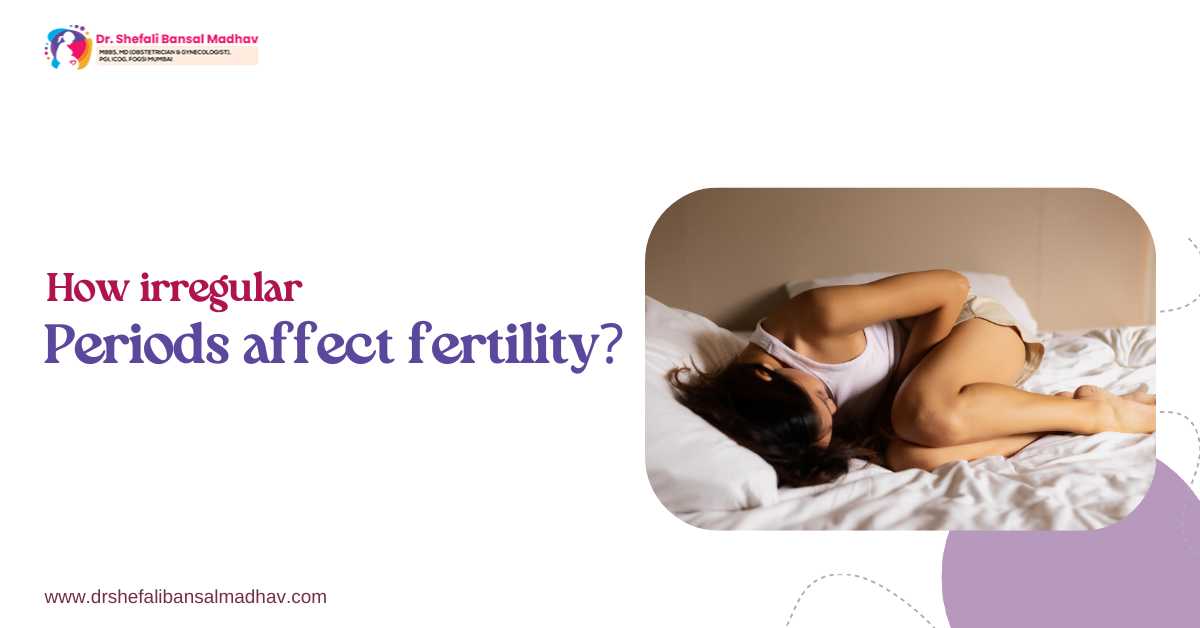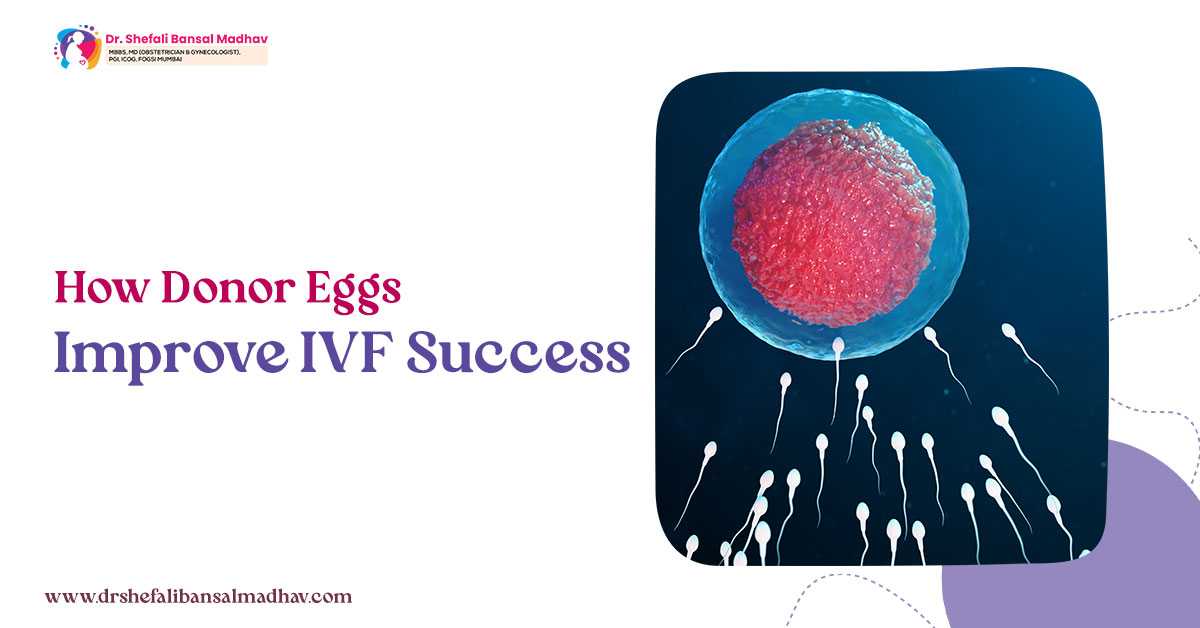Irregular periods that are persistent show there’s a hormonal imbalance or reproductive problem. Having irregular periods on a regular basis may signal you have ovulation disorder. Seeing a doctor for ovulation disorder is vital because without ovulation pregnancy is not possible.
Missing or irregular menstrual cycles refer to cycles that vary in length from one month to the next month. Menstrual cycles typically last between 21 and 35 days, however, they are considered irregular if they fall outside of this range or differ noticeably from month to month. For IVF in Siliguri, consult the top IVF and infertility specialists in Siliguri City.
Typical reasons for irregular menstruation include:
- Polycystic Ovary Syndrome (PCOS): A hormonal disorder that causes troubles with ovulation, leading to irregular cycles.
- Thyroid Disorders: Both hyperthyroidism and hypothyroidism can cause missing periods, hormonal problems, or menstrual irregularities.
- Stress: Physical or emotional stress can cause hormonal flactuation or imbalance, affecting the menstrual cycle.
- Weight Fluctuations: Sudden weight gain or loss can also impact hormone levels, which can lead to irregular periods.
- Primary Ovarian Insufficiency (POI): A disorder that causes irregular or missing periods when the ovaries stop working before the age of 40, leading to trouble getting pregnant at that age.
Fertility may be directly impacted by irregular cycles, which are frequently an indication of an underlying ovulation problem. It may be more difficult for women with irregular periods to conceive naturally since they ovulate less frequently. Visit the most experienced doctors for IVF in Siliguri City.
Here’s How IVF Works for Women with Irregular Periods
Yes, IVF can be particularly beneficial for women with irregular cycles. This is because it bypasses the need for regular ovulation. Let’s see how IVF works for women with irregular periods:
- Ovarian Stimulation. Fertility drugs are usually used to stimulate the ovaries in women who have irregular periods. These medications increase the likelihood of successful egg production and egg removal by stimulating the ovaries to create more than one egg.
- Monitoring and Egg Retrieval. IVF doctors recommend regular monitoring (through blood tests and ultrasounds) to ensure that the follicles are developing properly. The eggs are extracted using a minimally invasive technique after they reach a specific size.
- Fertilization and Embryo Culture. In an IVF lab, removed eggs are fertilized using sperm. After a few days of culture, the embryos are either frozen for later use or placed into the uterus.
- Embryo Transfer. The goal is to transfer a viable embryo to the woman's uterus, where it should implant and result in pregnancy.
Since the treatment directly stimulates the ovaries, IVF can be highly effective for women with irregularities in their menstrual cycles. Therefore, allowing a controlled environment for ovulation, egg retrieval, and fertilization. Doctors also offer infertility care and services like egg donation. Consult your IVF specialist in Siliguri, North Bengal for personalized IVF and infertility care.







